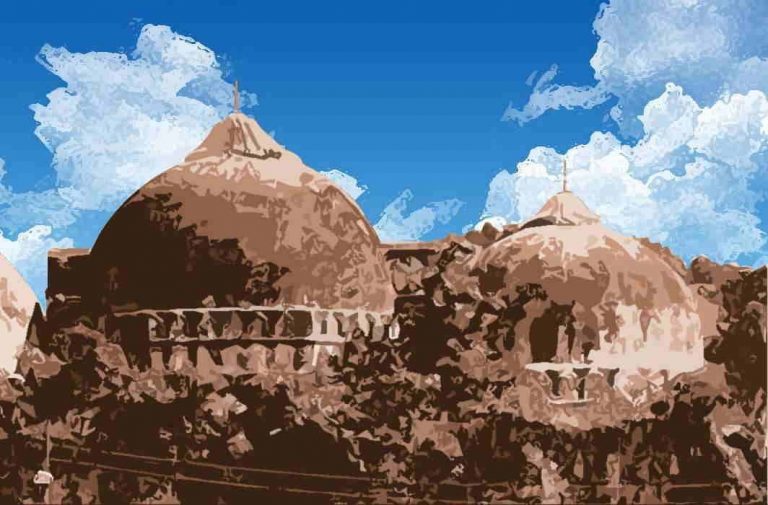
During his stint as a lawyer, Justice Lalit had appeared for former UP chief minister Kalyan Singh in a case linked to the title suit
The proceedings in the keenly awaited Babri Masjid-Ram Janmbhoomi title suit ended with a surprise development, on Thursday (January 10), with one of the five judges on the constitution bench formed two days ago to hear the case recusing from hearing the matter.
Justice UU Lalit, who was nominated to the constitution bench by Chief Justice Ranjan Gogoi, on Tuesday, along with Justices SA Bobde, NV Ramana and DY Chandrachud, decided to recuse himself after a lawyer appearing for the Muslim parties in the title suit pointed out that during his days as a lawyer Justice Lalit had appeared for former Uttar Pradesh Chief Minister Kalyan Singh in another case linked with the land dispute.
With Justice Lalit recusing from the bench and the other judges dismissing objections from senior advocate Rajeev Dhavan over the Chief Justice’s surprise decision of allocating the case to be heard by a five judges, the constitution bench will now have to be reconstituted when the matter comes up for hearing next on January 29.
As soon as the bench assembled on Thursday morning to hear the Ayodhya matter, the Chief Justice had also clarified that the case had been listed on the day not for arguments but only to decide the schedule for the commencement of the proceedings.
It may be recalled that on Tuesday, in a surprise move, Chief Justice Ranjan Gogoi had formed a five-judge Constitution Bench, headed by him, to hear the politically sensitive and communally polarising case. By using his discretionary powers to list the matter before a constitution bench without a fresh reference being made in the case for such a request, the Chief Justice had indicated that, although, his predecessor had declared that the case will be treated purely as a title dispute, the top court may now also be open to larger questions of constitutional relevance involved in the case.
On Thursday, senior advocate Dhavan, appearing for the Muslim petitioners in the case, objected to the Chief Justice’s decision of forming a constitution bench to hear the suit without any fresh reference being made for the purpose. However, the bench, in unison, rejected Dhavan’s contention stating that the Chief Justice had used his discretion and was permitted to do so as per the Supreme Court Rules. The bench also overruled Dhavan’s claim that the Chief Justice had, by forming a constitution bench in the case, gone against an earlier verdict in the matter that said a three-judge bench was competent to adjudicate the pleas.
Dhavan also pointed out that the verdict in the title suit, delivered by the Allahabad High Court, runs into over 4300 pages and a large number of documents related to the case still need to be translated and circulated to all parties and their lawyers.
The bench then directed the Supreme Court registry to appoint official translators for the documents and also assess how much time it would take to complete the process of translations. The translations have to be made into English and Hindi from documents that are written in Arabic, Sanskrit and Gurmukhi, aside from some other vernacular languages.
It is pertinent to note here that days before he demitted office, then Chief Justice Dipak Misra had, in September, while pronouncing a verdict in the Ismail Faruqui reference, said that the Ayodhya matter did not need to be heard by a bench of a larger composition than three judges. The verdict had also upheld a controversial observation in the Ismail Faruqui case of mid-1990s, which was linked with the main matter of the Ayodhya title suit, that stated “a mosque is not integral to Islam” and hence was not a perquisite for offering namaz.
The bench headed by Chief Justice Misra had then said that the hearing in the Ayodhya matter could resume from October 29 (by when Justice Gogoi would be elevated to the top post of the apex court). However, upon assuming office, Chief Justice Gogoi had earlier put off the hearing in the case till January this year, declaring that an “appropriate bench” would be constituted for adjudicating proceedings in the matter.
-India Legal Bureau

